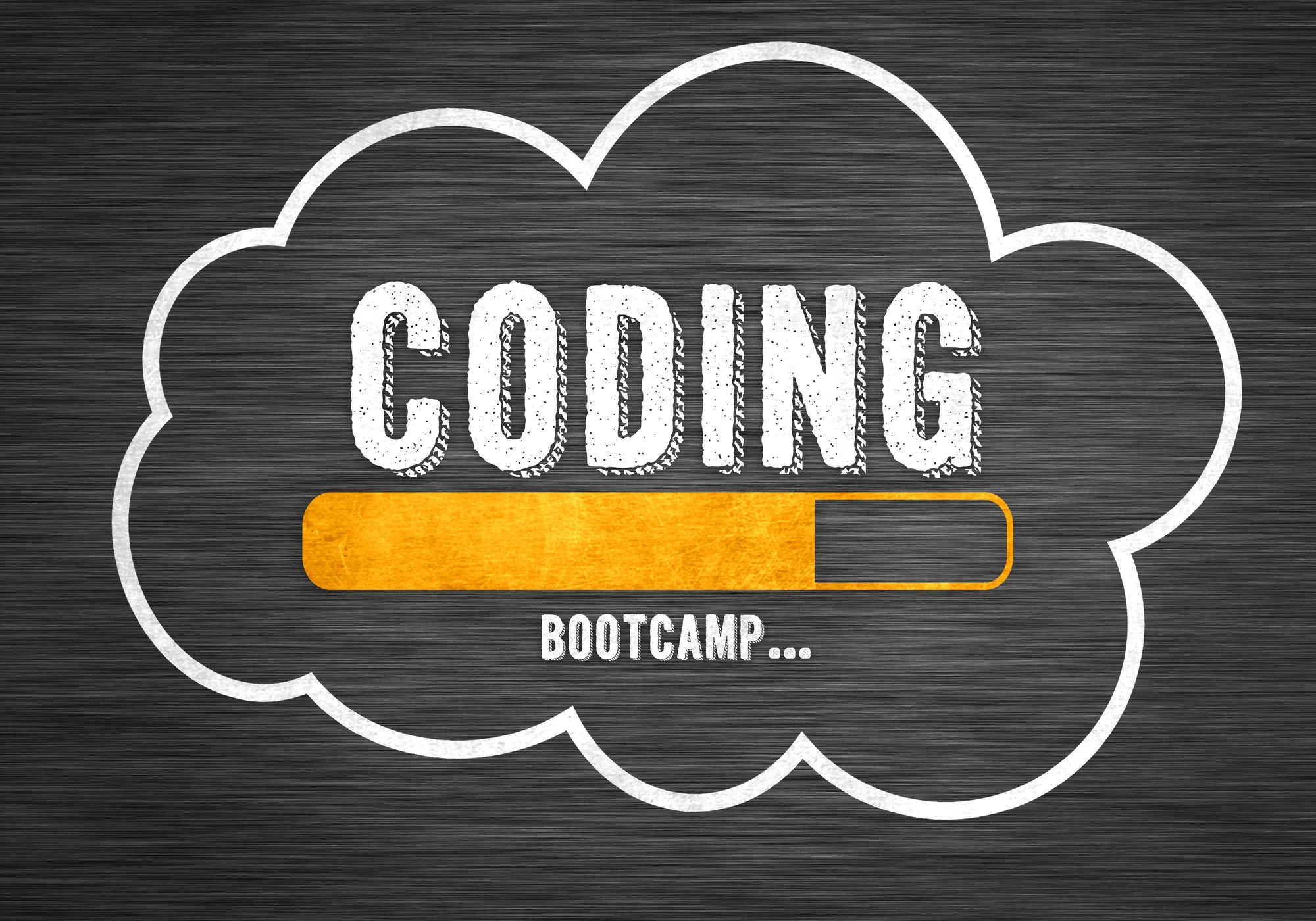Anatomy of a Coding Bootcamp: What To Expect

Coding bootcamps are rapidly gaining popularity these days. They're accelerated training programs that focus on acquiring software development skills. In fact, as of November 2023, there were over 300 online tech bootcamps in the USA alone, and the market is expected to reach USD$ 889.37 million in 2030.
These bootcamps primarily appeal to those seeking a practical, job-focused alternative to four-year computer science degrees. This isn't surprising at all as such courses provide essential programming and software engineering skills in a compact, intensive format, equipping students with the knowledge to launch or transition into technical roles.
As you prepare to join a coding bootcamp, there are several things you should expect. Below is a detailed discussion of the bootcamp anatomy so you won't be caught off guard once you're already in it. Read on!
Curriculum and learning environment
The defining features of coding bootcamp curriculums are their intensity, rigor, and comprehensive coverage of critical programming languages and tools. Students spend 40-60 hours per week deeply immersed in hands-on lessons, workshops, coding challenges, and project-based learning.
Students can choose a full stack bootcamp where they can learn front-end and back-end developments or either of them, depending on their career goals. The fast pace and continual application of knowledge in real-world scenarios equip graduates with immediately relevant skills.
Typical curriculum components include:
- Lectures introducing new coding concepts and development tools
- Labs to apply those lessons with basic exercises
- Extensive time dedicated to building full-fledged applications and programs
Students also benefit from peer learning, sharing debugging tips and collaboration strategies for group-based hackathons and projects. This rigorous schedule prepares students for the demands of the professional programming world.
Skills and technologies taught
Coding bootcamps strategically incorporate instruction in versatile programming languages like JavaScript, Python, and Ruby that can be applied across many technology solutions. Students gain expertise across the full development stack, including crucial competencies in crafting front-end user experiences, building back-end server logic and databases, and connecting applications via APIs. No wonder why 48% of bootcamp alums would go on to advance in their respective jobs, a Forbes Advisor's survey revealed.
With technology changing rapidly, coding bootcamps continually evaluate the latest industry needs and evolve their curricula accordingly. Beyond programming expertise, they recognize developing well-rounded software engineers goes beyond technical prowess. Skills like communicating complex concepts, team collaboration, and creative problem-solving are interwoven into the student experience.
Group projects, for example, push students to organize team roles, divide tasks effectively, and deliver products greater than any individual's contributions.
These bootcamps also foster skills in other in-demand domains like data science, digital marketing, cybersecurity, and product management. This diversity of offerings allows customization around individual strengths and career ambitions.
The bootcamp experience
Daily life in a coding bootcamp intersperses focused learning sessions like lectures and labs in the morning with practical application through coding and projects later in the day. Collaboration is also central as students benefit from peer learning in group assignments. Support services like individual mentoring and career coaching help students adapt to the demanding pace and prepare for the hiring process.
Community is fostered through networking events, alum connections, and bonding among classmates. The intensive learning environment also forges strong bonds between classmates. Friends are quickly made, given the shared struggles and accomplishments. These lifelong networks can support future career steps as, based on a 2023 report, over 85% of jobs today are filled through personal and professional connections. Additionally, peer groups organize study sessions, hackathons, and informal tutoring to help distribute the workload.
This collaborative ethos reflects real-world engineering teams. Career services resources provide mentoring and networking opportunities. Events connect current students with bootcamp graduates now working at tech companies for valued insider advice.
Preparing for a coding bootcamp
Before taking on your bootcamp journey, there are some crucial preparatory steps you need to take heed of.
First, some baseline coding knowledge acquired through online tutorials, classes, or preparatory bootcamp programs can come in handy. Want to hit the ground running and optimize the intensive bootcamp model? You shouldn't miss this step, then.
Secondly, assess different schools' outcomes, specializations, teaching methods, and other factors to match your skills, passions, and career ambitions. This way, you'll know the best program fit. Program length, curriculum focus areas, enrolled student profile, graduate job placement records—see to it that these elements align with your desired outcomes.
Now, once enrolled, you must be ready to dedicate yourself to learning fully—an absolute no-brainer. Paying sufficient time and mental focus to immerse in the whole experience would enable you to reap employable skills.
The bootcamp can be intensive and requires a strong commitment to success. Putting in this groundwork leads graduates to be best positioned for the tech roles they aspire for.
Conclusion
The world is currently in a technology-driven era, and coding skills have been for quite some time proving invaluable across industries. So, for those seeking an accelerated entrance into software engineering or technical fields, coding bootcamps could be the answer. Their targeted, hands-on, and cutting-edge training delivers results for determined and driven students.